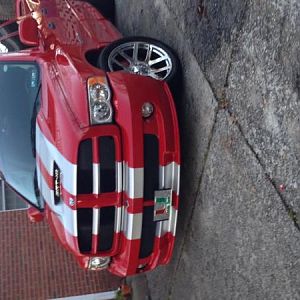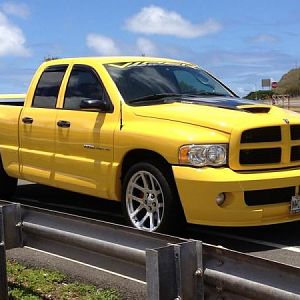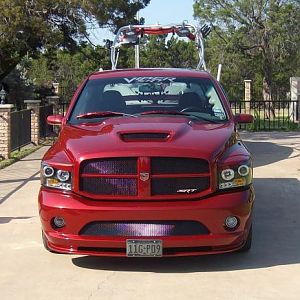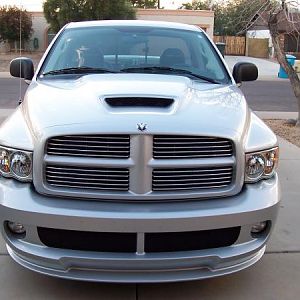VIPER HP said:So do I understand this correctly. I have an RC 05 with Paxton and had BG flash the PCM, lower thermostat and fan. Heat soak is still a noticeable issue. So the thought is that the resistor would also help my Paxton flashed PCM by not pulling out so much advance? Or is another way of saying it is that the heat soak problem is more from timing being pulled out than just hot intake air??
What does BG say about this?
Heat Soak is a term that is thrown around a lot here. A general definition of Heat Soak is heat that is inside an engine after it is shut down.
General operating heat (I think) is what you are more concerned with.
Anyway, timing that is too far back (late) will create additional heat in an engine by putting more heat into the cylinder walls (and of course the cooling system) than using the heat more efficiently (with the correct timing) to produce power. This of course adds heat to ALL engine parts (like your intake manifold). But pulling timing back temporarily can prevent pinging and subsequent detonation.
The Stage 2 flash lowered the operating heat coming from the intake manifold substantially in my truck.
Dan Craigin (DC Performance/B&G Flash) told me NOT to use a resistor with the Stage 2 flash. That is good enough for me. You can however move the sensor into the air somewhere outside of the actual engine compartment.
I guess some with the flash have done the resistor mod and said it helped.....So "Try or Try Not...There Is No Do", to f.u. what Yoda said...
Last edited:





